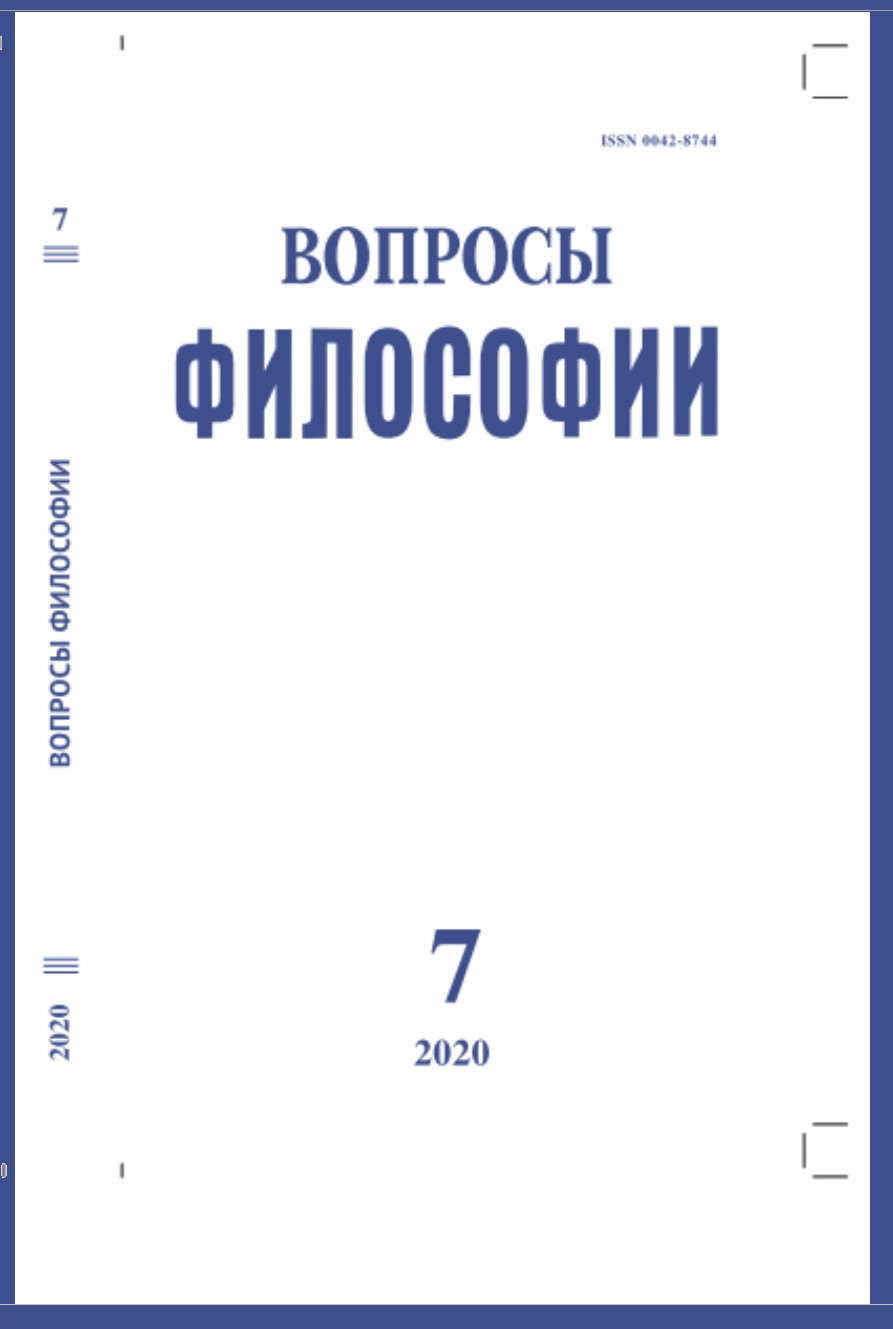Identity Crisis: Mechanisms of Oblivion And Memorialization in the Context of Globalization
DOI:
https://doi.org/10.21146/0042-8744-2020-7-35-39Keywords:
globalization, identity, collective memory, memorialization, oblivion, glocalizationAbstract
The article discusses the urgent problems of preserving local cultures in the context of globalization and analyzes the most optimal ways to solve them. The questions of the transformation of national identity in the context of globalization of the world community are raised. It is shown that as a result of the unfolding of integration processes, the so-called identity crisis occurred when the previously existing system of identification positioning was actually destroyed, and the new one has not yet taken shape. Localization processes, acting as a reaction of national communities on the impact of globalization, contribute to the construction of new identification constructs. The article focuses on the mechanisms and methods of functioning of collective memory in the context of globalization, and also substantiates its fundamental significance in the process of identity formation. The role of oblivion and memorialization mechanisms that have a significant impact on the modern system of international relations is shown. The importance of the processes of formation of collective memory in relation to the regulation of the level of conflict at the international level, taking into account cultural differences, is noted. The development of technology, due to cultural and civilizational processes, has created opportunities for almost unhindered dissemination of information on a global scale, including various interpretations of historical events. The consequence of these processes was a situation of identity crisis and the need for national communities to rethink their place and role in human history.

